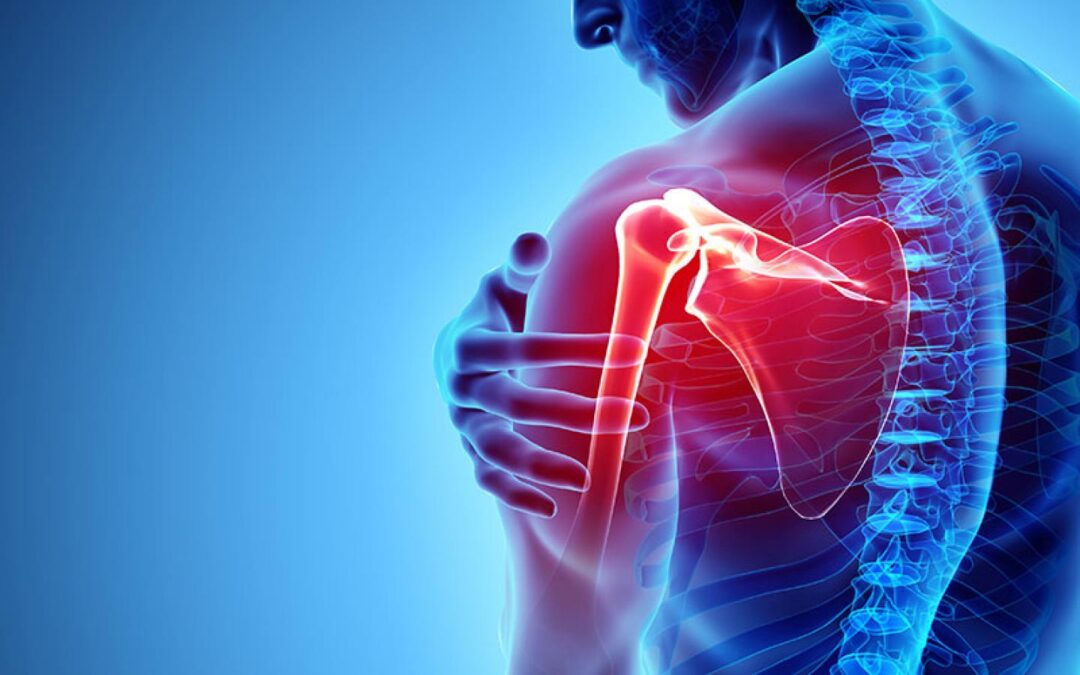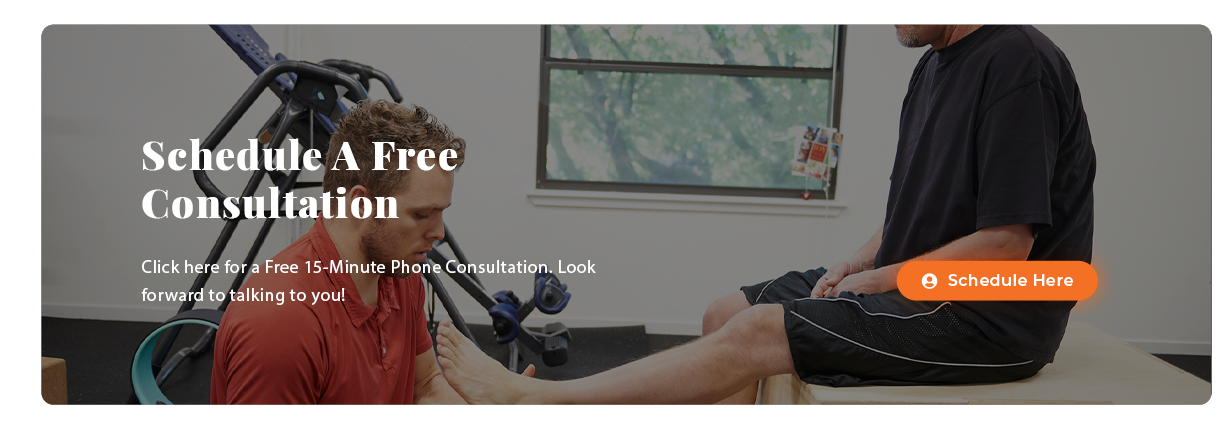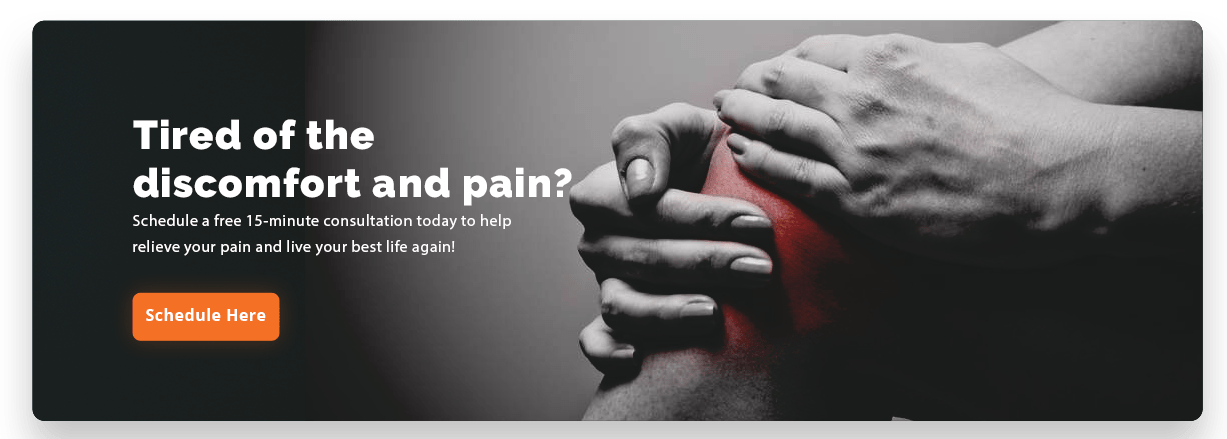Shoulder pain teaches us the value of every move we make, and the pain of taking simple things for granted.” – Richard Salinas
Almost everyone suffers from some minor aches and pains now and again. And sometimes we suffer from pain that is more than “minor” and can be distracting, fatiguing, and maybe even debilitating. And that is what most types of shoulder pain is.
As one person said, “Shoulder pain is like a thief in the night; it steals your peace, one ache at a time.” And try as we might, there are some causes of what is called “posterior” shoulder pain that can rob us of sleep, invades our waking hours, and takes away from much of anything we try to do during the day.
What is Posterior Shoulder Pain and How is it Different?
Simply put, posterior shoulder pain refers to discomfort experienced in the back of the shoulder and is often caused by factors such as muscle strain, rotator cuff issues, or poor posture. It differs from other types of shoulder discomfort, such as anterior pain (front of the shoulder) or lateral pain (side of the shoulder), in terms of location and potential underlying causes.
Posterior pain in the shoulder is also the most common type of shoulder pain most people experience.
According to Penn Medicine,
“The most common cause of shoulder pain occurs when rotator cuff tendons become trapped under the bony area in the shoulder. The tendons become inflamed or damaged. This condition is called rotator cuff tendinitis or bursitis.”
A medical examination is often required to determine the type and cause of shoulder pain. In many cases, additional tests may be required to help identify the cause of pain and any other problems.
These tests can include:
- X-rays
- Magnetic resonance imaging (MRI) and ultrasound
- Computed tomography (CT) scan
- Electrical studies
- Arthrogram
- Arthroscopy
Considering the Causes of Posterior Shoulder Pain
Posterior shoulder pain can be a persistent and bothersome issue, often stemming from various underlying causes. Understanding these causes is essential for effective diagnosis and treatment. Here are some common culprits responsible for posterior shoulder pain:
- Muscle Strain or Overuse: Overworking the muscles in the posterior shoulder, particularly the infraspinatus and teres minor, can lead to pain and discomfort. This often occurs in athletes who engage in repetitive overhead motions, like throwing or swimming.
- Rotator Cuff Injuries: The rotator cuff is a group of muscles and tendons that stabilize the shoulder joint. Injuries, such as tears or inflammation, can result in posterior shoulder pain. Rotator cuff issues are common in both athletes and the general population.
- Poor Posture: Maintaining poor posture for extended periods can strain the muscles in the posterior shoulder, leading to discomfort. Slouching or hunching can cause imbalances and put undue stress on these muscles.
- Nerve Compression: Conditions like thoracic outlet syndrome or cervical radiculopathy can compress nerves in the neck and upper back, leading to referred pain in the posterior shoulder area.
- Arthritis: Arthritic conditions affecting the shoulder joint can result in pain in various parts of the shoulder, including the posterior region.
- Fractures or Dislocations: Traumatic injuries, such as fractures or dislocations, can cause severe posterior shoulder pain. These injuries often require immediate medical attention.
- Referred Pain: Sometimes, issues originating from the neck, spine, or other areas can manifest as pain in the posterior shoulder. This is known as referred pain and requires a thorough evaluation to identify the true source.
- Identifying the specific cause of posterior shoulder pain is crucial for effective treatment. A thorough examination by a healthcare professional, which may include imaging and diagnostic tests, is often necessary to pinpoint the underlying issue and determine the most appropriate course of action for relief and recovery.However, there are alternatives to more traditional and often invasive approaches to diagnosing and treating posterior shoulder pain.
Discovering Relief from Posterior Shoulder Pain and Discomfort
Even if your daily life is generally stress-free and you seldom grapple with anxiety, underlying stress can initiate and exacerbate neck and shoulder pain. Left unaddressed, this can evolve into a persistent, chronic pain issue. In addition, chronic issues such as poor posture, muscle overuse, or even referred pain that stems from someplace else in your body can be treated effectively.
Simply by making an appointment with Pain and Performance Solutions, you’re taking the initial step toward finding relief from debilitating shoulder pain and discomfort.
During this journey, our first task is to sit down with you and gain an understanding of your current discomfort and your history of pain. After conducting a comprehensive evaluation, we can pinpoint the most suitable treatment approach to set you on the path to recovery.
Fortunately, we employ a range of techniques that allow us to precisely determine and identify the true origins of your pain, facilitating the selection of the most effective therapies for relief.
However, to achieve lasting relief from persistent pain through treatments such as Active Release Techniques®, we must initially comprehend the root cause of your discomfort. In some instances, this may involve tracing it back to a prior injury you may have experienced.
When it comes to finding relief from pain at Pain and Performance Solutions, your trust in us and your openness play a pivotal role. Restoring the proper functioning of your body is the sole means to attain complete recovery, and that’s our ultimate objective for you.
If you wish to reach out to us, you can contact us at (707) 636-4404 or simply complete our online contact form. We’re here to assist you and are ready to address any questions you may have.




